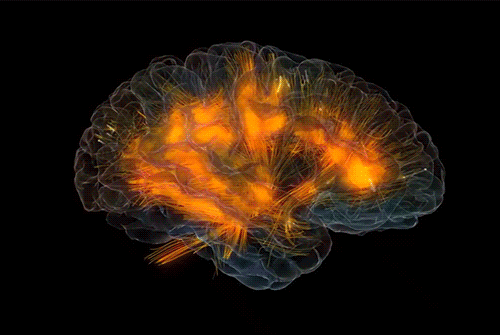Federica wrote: ↑Mon Jun 16, 2025 4:47 pmAshvinP wrote: ↑Mon Jun 16, 2025 11:35 am That's fine, Federica, let's pause it. I hope one day you will also review some of these threads and take notice of the patterns and trends revealed, and then you will see it's never just about other people and their struggles. I would hope anyone pursuing the introspective path would intuitively know that their comments also reflect upon the perspective from which they were issued, and that this phenomenological reality doesn't need to be restated on every thread. One of the first things we should learn on this path is how deeply the materialist, reductionist, externalizing, etc., tendencies are embedded in our souls as attractors of our imaginative states.
As I said before, it's also worrisome that you pass off your incremental rational approach onto Steiner, because that means either (a) you are fundamentally misunderstanding Steiner's indications, or (b) the approach you have in mind is practically the introspective approach, but for some reason you can't see that and thus keep speaking of two different approaches. You never addressed the fact that the recent quotes in question (from Steiner and Scaligero), which were supposed to help me see the 'other approach', were directly about the introspective approach, i.e., PoF.
I have to notice that you have a hard time “inhabiting the other person’s perspective”. Instead, you prefer to give my words little twists of deformation. As I point these out, you conveniently let them fall, focusing on giving another twist somewhere else. Have you thought about recursively incorporating this tendency in your process? If you did, you could stop twisting my words to make them support your preconceived ideas. I quoted Scaligero to remind that, for him too, PoF starts from a step by step intellectual approach, to then open the way to ascension to the spiritual. PoF goes east first, and then north. It was the only way possible at that point. Anthroposophy was not born when PoF came to life. And this initial appeal to the intellect had to be a step by step progression, as per Steiners own words (a suspicious sign of reductionism, as you have called it, when I used the same expression in the same sense, before I knew about this lecture which, ironically, you pointed to):
Steiner wrote:if we start from the directly perceptible existence and from the processing that the human mind undertakes with it, we arrive at the level that can be described as the life and activity of the cognitive subject in the realm of the thought-plan. But then further progress is possible only if, from the other side, from the side opposite to the sense-perceptible existence, there comes the fertilization through those means which are presented in this book, 'How to Know Higher Worlds'. In the literature with which I have tried to point to these things step by step — first as prepared by my previous writings, summarized in my “Philosophy of Freedom”— you will find a path that can be taken from external sense perception, from the external processing of the material of existence, up to the realm of thought.
At this point I can practically remote view your next post. No supersensible faculties required here. Unless you think twice?
Federica, I think we should bookmark this post as an example of how PoF is being fundamentally misunderstood and/or misconstrued. The problem is, there is no easy way for me to illustrate this to you without you feeling insulted, becoming defensive, and eventually acting like you never wrote the words above, or that they meant something completely different from what they seem to mean (and thus I am twisting your words). I will have to think more about a fruitful way forward.
For now, I will just say that PoF is a step-by-step bridge in exactly the same way as the phenomenological essays here, which indeed initially appeal to the intellect and its familiar movements, such that they can be leveraged introspectively. We don't need to speculate on what Steiner meant by "step by step", or what Scaligero meant, because we have plenty of embodied examples right here on the forum. What we find in the phenomenological essays is not at all the 'exact opposite' of the introspective approach, or 'going first east and then north', unless by 'exact opposite' and 'going east' we mean... the introspective approach.
